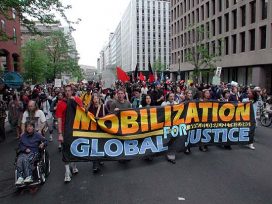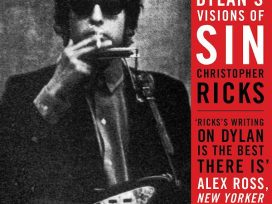
Large-scale social movements often behave provocatively but with the aim to make more space for democracy. The latest of these is the global justice movement born in Seattle in 1999. Magnus Wennerhag’s new book is the first major Swedish study on the impact of this movement. In the extract Arena publishes here, he shows how it differs from the movements of 1968, being more political and more directed towards international institutions and globalized democracy.

